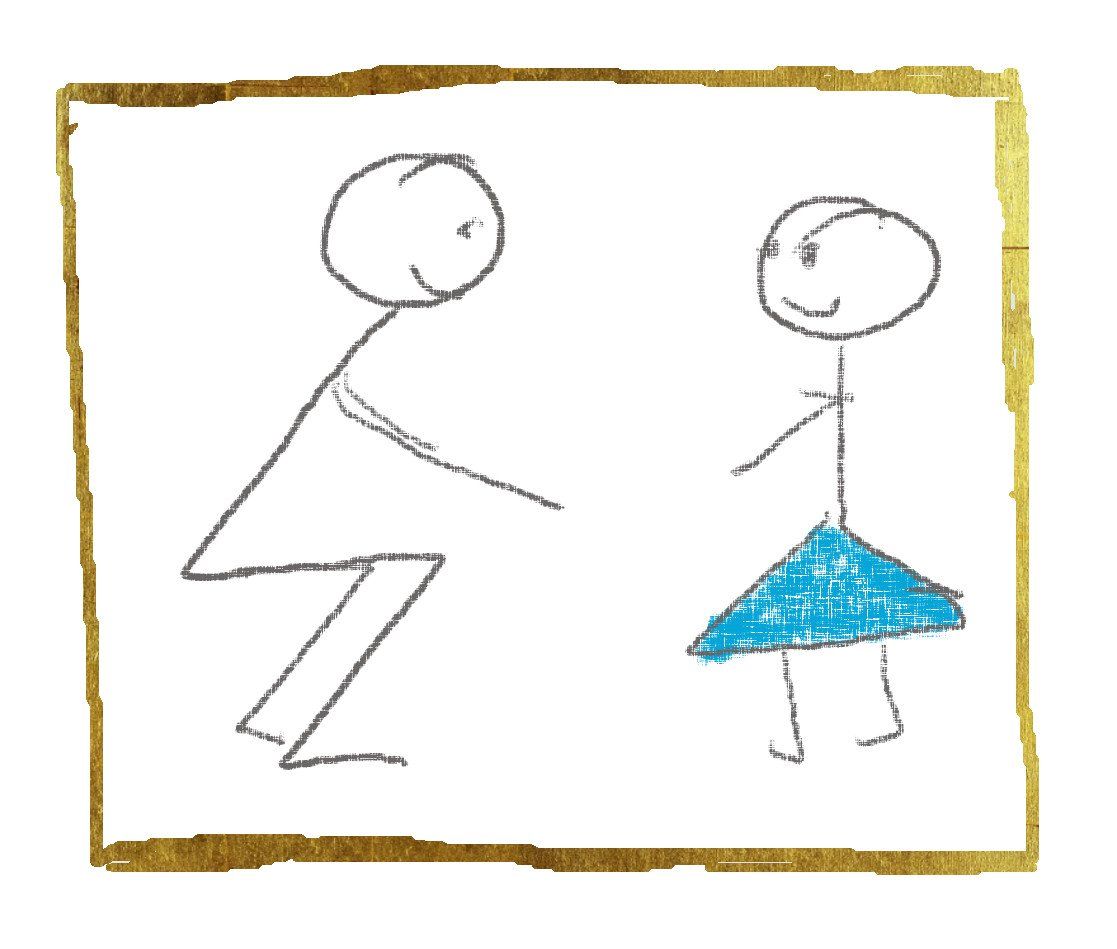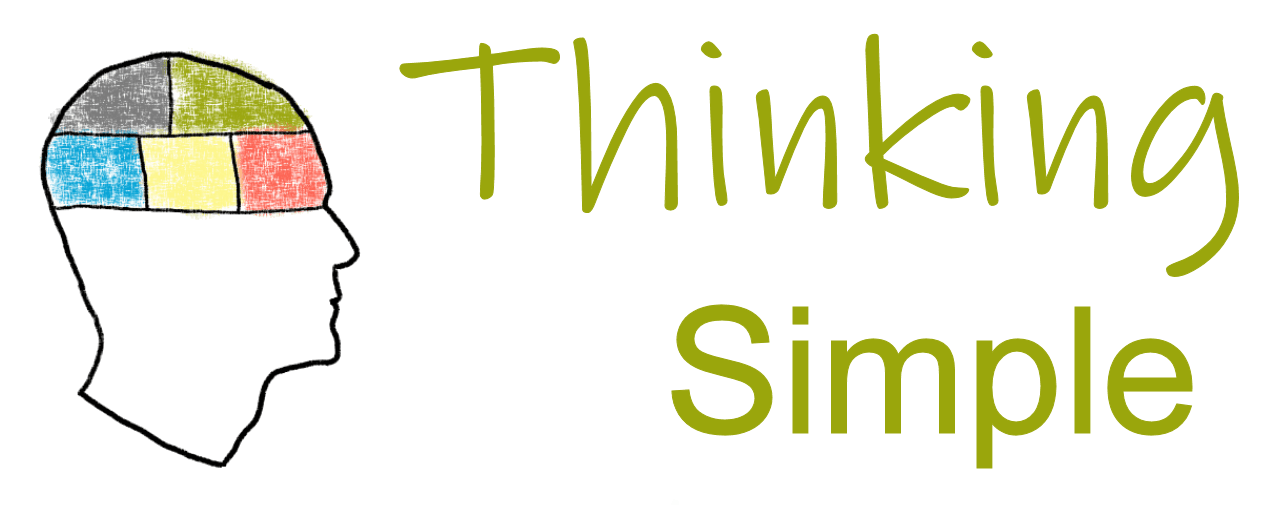
Step 1: Re-Frame Your Relationship
At the heart of much broken parenting is the very concept of 'children'. The word seems to give parents permission to behave in almost unthinkable ways.
Replace it with the word 'people' and you are already on the road to respectful parenting.
Key Points:
- We all know controlling children can be difficult
- Perhaps it's no surprise that society currently considers it acceptable to shout, bribe, threaten, punish, even smack
- Yet there is a different way
- It takes skill and considerable self-control
- The first step is think of our children as people with the same rights as everyone else and to accept our role in their behaviour
Re-Frame Your Relationship
Everyone seems to accept that parenting is a mix of frustration, exhaustion and delight. Just how much of each depends on the children, the parents and how much sleep everyone got the previous night.
On the one hand, we are responsible for putting a roof over our children's heads, clothes on their backs, food on their plates. On the other hand, we are responsible for helping them grow and develop, controlling their behaviour and teaching them right from wrong.
How we set out to fulfil these responsibilities depends on our own personality, values and skills. It also depends on the example we were set when young and the expectations of those around us.
The reality is controlling a children is difficult. More difficult than many parents would openly admit. Perhaps, under the circumstances, it is no surprise that we still live in a world where it is considered acceptable to shout, bribe, threaten, punish and in some countries, even smack, a child.
In other words, we are allowed, even encouraged, to do things to children that we would never dream of doing to a fellow adult.
Yet, there is another way.

Remember, children are people too
If you wouldn't do it to an adult, don't do it to a child
Children Are People Too
I firmly believe that children deserve the same rights as anyone else and, in my experience, they thrive when offered them.
Even the tiniest baby is a super intelligent human being with amazing brain capacity, a phenomenal ability to make sense of the world and to learn.
We were all there once.
As adults, we are now just at a different point in our physical development and on our learning curve.
To help me understand what it might be like for a child I imagine myself waking up one day to find myself in a new body in a different world where I know nothing.
Everyone around me is bigger than me and seems to know more. The frustrations I feel as I attempt to grasp the language and the rules, while striving to control my underdeveloped body must be immense.
How would I like to be treated in this new world?
I think I would like bucket loads of tolerance, consideration and positive attention. I don't think I would like to be threatened, or punished and I don't think I would ever like to be labelled naughty.
Above all, I think I would like as much consistency as possible, a chance to learn the rules for myself, instead of having them constantly imposed upon me.
Learn To See Yourself In Your Children's Behaviour
The second stage of re-framing your relationship is to accept your role in your children's behaviour.
We all make the mistake of attributing behaviour to the individual. It's almost impossible not to.
Yet, we also know the same individual can behave differently in different circumstances.
How often do you see a child behave differently with one parent than the other, or become a seemingly different person at school, or with their grandparents?
The reality is that for all of us behaviour is a combination of individual personality, the current system and our development and learning to date.
For children, we as parents are 'the system', especially in the early days and we dictate how and what they learn.
As such, whether we like it or not, their behaviour is significantly attributable to us and it largely us that have to change in order to see their behaviour change.
But what if you have more than one child and they each behave differently? Surely, you might ask, isn't that down to their individual personalities?
Yes and no.
Individual personality is important. But:
- It's unlikely that you've brought each child up in the same way
- Different personalities provoke different responses from us
- Parents always behave differently to second and subsequent children than their first
- Younger children are often influenced by older children in the same family and vice versa
- Each individual needs to be treated slightly differently to achieve the same behavioural outcome
And even then, what good looks like will be different for each individual.
To take the first step in Respectful Parenting it's important to think about your attitude towards your own children.
Do you believe that they deserve the same rights as everyone else?
Are you prepared to accept that you have a significant responsibility for their behaviour?
Is it worth the effort to change the relationship you have with them?
Are you prepared to learn new skills?
Do your personal circumstances lend themselves to the possibility of change?
If so, do you want to just stop labelling your child as naughty? Get out of a spiral or empty threats and unnecessary promises? Or, eradicate all overt controlling interventions?
Even a small step towards Respectful Parenting can reduce the need for more overt and damaging forms of control
Created 26/09/2018
Last Updated 25/01/2019

